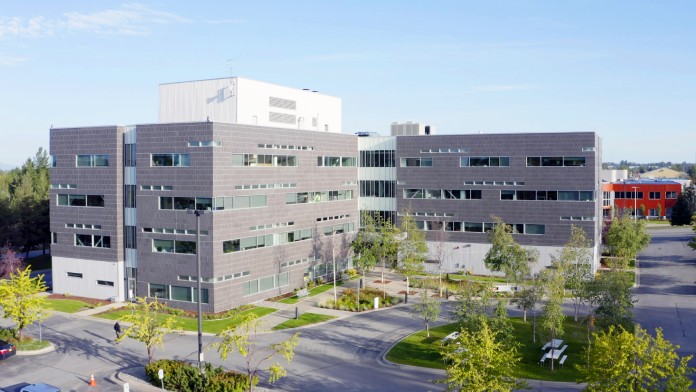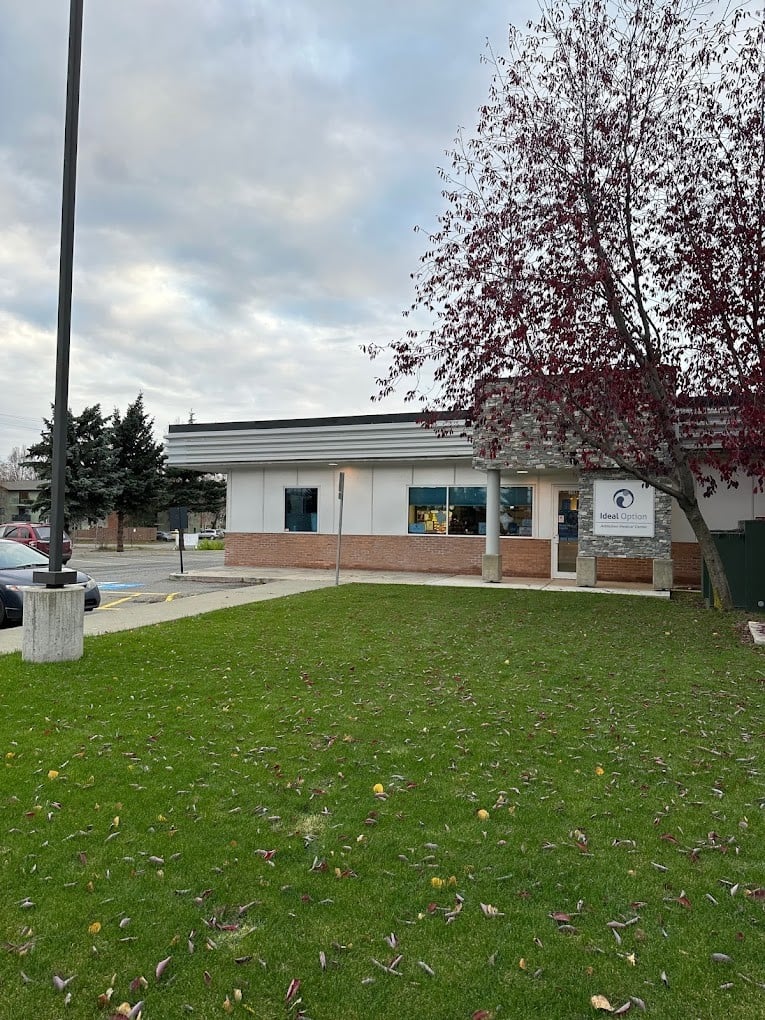About Serenity House Treatment Center
Serenity House offers comprehensive addiction treatment. Services include:
Residential
This 12 bed, intensive residential treatment center focuses on a 12 Step model for recovery. The average length of stay is six to eight weeks. Clients focus on overcoming problem behaviors. Individual therapy, group therapy, and family therapy are provided.
A specialized day called Family Day is offered so families can come and join their loved ones for a day of group therapy and skills building designed to help everyone focus on a path to long-term sobriety. Additional areas of focus include healing trauma, overcoming mental health challenges, and modifying behavioral choices.
Intensive Outpatient and Standard Outpatient Treatment
Intensive outpatient and outpatient treatment is offered upon graduation of this program at a separate location. Clients may also continue mental health treatment that focuses on supporting those with unmet emotional needs and dual diagnosis.
Facility Overview
Latest Reviews
Rehab Score
Gallery
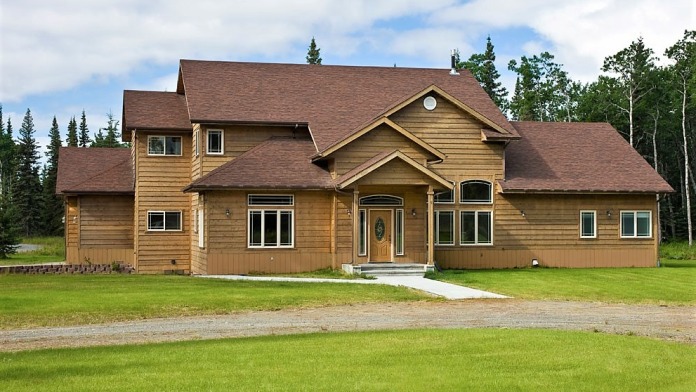
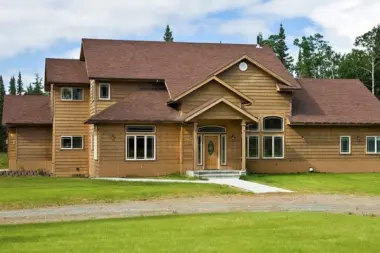
Other Forms of Payment
Private insurance refers to any kind of healthcare coverage that isn't from the state or federal government. This includes individual and family plans offered by an employer or purchased from the Insurance Marketplace. Every plan will have different requirements and out of pocket costs so be sure to get the full details before you start treatment.
Self-pay involves paying for treatment out of your own pocket. You can use savings or credit, get a personal loan, or receive help from family and friends to fund your treatment. If you don't have insurance or your insurance plan doesn't cover a specific program, self-pay can help ensure you still get the care you need.
Financial aid can take many forms. Centers may have grants or scholarships available to clients who meet eligibility requirements. Programs that receive SAMHSA grants may have financial aid available for those who need treatment as well. Grants and scholarships can help you pai for treatment without having to repay.
Medicare is a federal program that provides health insurance for those 65 and older. It also serves people under 65 with chronic and disabling health challenges. To use Medicare for addiction treatment you need to find a program that accepts Medicare and is in network with your plan. Out of pocket costs and preauthorization requirements vary, so always check with your provider.
Military members, veterans, and eligible dependents have access to specific insurance programs that help them get the care they need. TRICARE and VA insurance can help you access low cost or no cost addiction and mental health treatment. Programs that accept military insurance often have targeted treatment focused on the unique challenges military members, veterans, and their families face.
Medicaid is a state based program that helps lower-income individuals and families pay for healthcare. Medicaid covers addiction treatment so those enrolled can use their coverage to pay for rehab. When a program accepts Medicaid the client often pays very little or nothing out of their own pocket.
Addiction Treatments
Levels of Care
Outpatient Programs (OP) are for those seeking mental rehab or drug rehab, but who also stay at home every night. The main difference between outpatient treatment (OP) and intensive outpatient treatment (IOP) lies in the amount of hours the patient spends at the facility. Most of the time an outpatient program is designed for someone who has completed an inpatient stay and is looking to continue their growth in recovery. Outpatient is not meant to be the starting point, it is commonly referred to as aftercare.
Instensive Outpatient programs are for those who want or need a very structured treatment program but who also wish to live at home and continue with certain responsibilities (such as work or school). IOP substance abuse treatment programs vary in duration and intensity, and certain outpatient rehab centers will offer individualized treatment programs. Serenity Intensive Outpatient and Outpatient Programs were developed to provide solid aftercare for individuals who have graduated from our residential program, as well as for individuals who are struggling with less-severe substance use disorder that does not yet call for residential treatment. Intensive Outpatient is for clients who need 9 or more therapeutic contact hours per week, whereas Outpatient is for clients who require a less intensive degree of therapeutic involvement.
Clients engaged in a rehab aftercare program receive robust wraparound care designed to evolve with the clients' changing needs. The client's case manager, healthcare providers, and addiction recovery team partner with the client to develop a rehab aftercare plan that supports the client's long-term recovery and meets their unique goals. Drug rehab aftercare often encompasses a wide variety of services, such as peer coaching, career counseling, and 12 step program induction.
12-step programs are addiction recovery models based on Alcoholics Anonymous (AA). A number of substance abuse programs (including some drug and alcohol rehab centers) use the 12 steps as a basis for treatment. Beginning steps involve admitting powerlessness over the addiction and creating a spiritual basis for recovery. Middle steps including making direct amends to those who've been hurt by the addiction, and the final step is to assist others in addiction recovery in the same way. 12-Step offshoots including Narcotics Anonymous (NA), Cocaine Anonymous (CA), Dual Recovery Anonymous (DRA), Sex and Love Addicts Anonymous (SLAA) and Gamblers Anonymous (GA).
For individuals in recovery, a sober living home in Alaska can provide a good transition place between inpatient treatment and home. These structured, substance-free environments give individuals a safe place to practice and reinforce the lessons they learned in rehab before they try to re-enter their lives. Residents must abide by halfway house rules such as contributing to chores, working or going to school, and remaining substance-free.
When someone performs a drug intervention in Alaska, the event is a time where loved ones gather and attempt to convince their family member or friend that they need treatment for substance abuse. Participants share their feelings that the person has become a danger to themselves and others and has reached a point where they need professional treatment. To guide them through this process, professional intervention services are often necessary.
The partial hospitalization program (PHP) provides intensive care for those who don't require 24-hour care and can serve as a step down from residential programming. PHP treatments typically include behavioral therapies, relapse prevention, and medication management. individual therapy, group counseling, family involvement, educational sessions, and skill-building activities. PHP treatment is often covered by insurance and typically requires a weekly minimum of 20 hours. Depending on your needs, the duration of a partial hospitalization program can last for 90 days.
Levels of care like medical detox provide 24-hour clinical care in Alaska. During this time, you can access medical staff and personnel on a 24/7 basis to provide safe stabilization from alcohol or drugs. After detox is complete, you'll move on to the next phase of treatment, which may or may not require round the clock supervision.
The process of ridding your body of addictive substances under the 24/7 medical supervision is known and medically assisted detox. In an inpatient setting, a team of licensed medical professionals may include doctors, nurses, therapists, and clinical experts. The team will monitor the physical effects of withdrawal and help keep you as safe and comfortable as possible throughout the process.
Inpatient rehab enables clients to focus exclusively on their recovery in a highly structured and supportive environment. Housing, meals, and recreational activities are provided. Inpatient treatment allows clients to engage in extensive addiction counseling and recovery education. The environment also provides clients with an opportunity to prepare for the transition to outpatient care or community-based recovery programs.
Treatments
The goal of treatment for alcoholism is abstinence. Those with poor social support, poor motivation, or psychiatric disorders tend to relapse within a few years of treatment. For these people, success is measured by longer periods of abstinence, reduced use of alcohol, better health, and improved social functioning. Recovery and Maintenance are usually based on 12 step programs and AA meetings.
During drug rehab in Alaska, you'll receive a combination of medical and psychotherapeutic treatments that are designed to treat drug dependency. The goal of drug rehab is to break this dependency and help you develop the skills to maintain a drug-free life.
Many of those suffering from addiction also suffer from mental or emotional illnesses like schizophrenia, bipolar disorder, depression, or anxiety disorders. Rehab and other substance abuse facilities treating those with a dual diagnosis or co-occurring disorder administer psychiatric treatment to address the person's mental health issue in addition to drug and alcohol rehabilitation.
A combined mental health and substance abuse rehab has the staff and resources available to handle individuals with both mental health and substance abuse issues. It can be challenging to determine where a specific symptom stems from (a mental health issue or an issue related to substance abuse), so mental health and substance abuse professionals are helpful in detangling symptoms and keeping treatment on track.
Opioid rehabs specialize in supporting those recovering from opioid addiction. They treat those suffering from addiction to illegal opioids like heroin, as well as prescription drugs like oxycodone. These centers typically combine both physical as well as mental and emotional support to help stop addiction. Physical support often includes medical detox and subsequent medical support (including medication), and mental support includes in-depth therapy to address the underlying causes of addiction.
In Alaska, substance abuse treatment programs provide a full spectrum of addiction care, which may include detox, residential, and intensive outpatient programs. These programs incorporate evidence-based therapies such as cognitive-behavioral therapy (CBT), dialectical behavior therapy (DBT), trauma-focused therapy, and mindfulness-based therapy. You'll learn emotional regulation skills, new coping strategies, and develop a supportive recovery community, which are essential components of long-term recovery.
Programs
Adult rehab programs include therapies tailored to each client's specific needs, goals, and recovery progress. They are tailored to the specific challenges adult clients may face, including family and work pressures and commitments. From inpatient and residential treatment to various levels of outpatient services, there are many options available. Some facilities also help adults work through co-occurring conditions, like anxiety, that can accompany addiction.
Young adulthood can be an exciting, yet difficult, time of transition. Individuals in their late teens to mid-20s face unique stressors related to school, jobs, families, and social circles, which can lead to a rise in substance use. Rehab centers with dedicated young adult programs will include activities and amenities that cater to this age group, with an emphasis on specialized counseling, peer socialization, and ongoing aftercare.
Recovery is most successful when clients feel accepted and validated by their peers and treatment providers. Facilities that offer LGBTQ-inclusive programming are committed to creating a safe space where everyone can grow and recover without fear of judgment or discrimination. They will have dedicated policies in place to create a safe and supportive environment that fosters free expression.
Clinical Services
Cognitive behavioral therapy in Alaska is often used in the treatment of substance abuse and co occurring mental health disorders. This method of talk therapy is one of the most effective methods of treating these disorders.
Based on cognitive behavioral therapy (CBT), dialectical behavior therapy (DBT) offers some of the same techniques as CBT but is adapted for individuals who are experiencing intense emotions. It helps the individual understand their emotions and change unhealthy behaviors.
Group therapy is any therapeutic work that happens in a group (not one-on-one). There are a number of different group therapy modalities, including support groups, experiential therapy, psycho-education, and more. Group therapy involves treatment as well as processing interaction between group members. Central Peninsula Behavioral Health offers Group Therapy options daily for adults in either of their Outpatient programs, with many different kinds of groups to choose from. Their clients can select from two Family Group Therapy options, Relapse Prevention Group, Art Therapy for Self-Discovery, Mindfulness Skills, Future’s Planning Group, Interpersonal Skills Group, Seeking Safety (Trauma and Substance Use), and other similar options. They offer many different group therapy choices so that an individual can select those that will best meet the individual’s personalized goals for Recovery. Along with a wide variety of groups to choose from, clients in our program also receive individual and family counseling sessions, usually on a weekly basis, with a certified mental health and/or chemical dependency counselor.
In individual therapy, a patient meets one-on-one with a trained psychologist or counselor. Therapy is a pivotal part of effective substance abuse treatment, as it often covers root causes of addiction, including challenges faced by the patient in their social, family, and work/school life.
Basic techniques for motivational interviewing include open ended questions and reflective listening. The therapist helps you come to your own conclusions about making changes in your life without coercion or judgment.
Trauma therapy addresses traumatic incidents from a client's past that are likely affecting their present-day experience. Trauma is often one of the primary triggers and potential causes of addiction, and can stem from child sexual abuse, domestic violence, having a parent with a mental illness, losing one or both parents at a young age, teenage or adult sexual assault, or any number of other factors. The purpose of trauma therapy is to allow a patient to process trauma and move through and past it, with the help of trained and compassionate mental health professionals.
Research clearly demonstrates that recovery is far more successful and sustainable when loved ones like family members participate in rehab and substance abuse treatment. Genetic factors may be at play when it comes to drug and alcohol addiction, as well as mental health issues. Family dynamics often play a critical role in addiction triggers, and if properly educated, family members can be a strong source of support when it comes to rehabilitation.
Life skills trainings involve all the skills a person must have in order to function successfully in the world. These include time management, career guidance, money management, and effective communication. Truly successful addiction recovery is based on the ability to not only live substance-free, but to thrive. Life skills teaches the practical necessities of functioning in society, which sets clients up for success in life, and therefore sobriety.
Amenities
-
Residential Setting
Staff & Accreditations
Staff

Shaun Keef, MBA
CEO

Mike Haggerty
CFO

Karen Scoggins, MD
COO
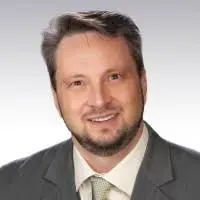
Marshall Pearson, MBA
CIO
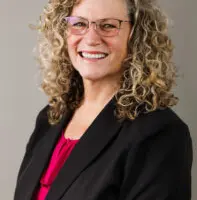
Denise Plano, MHA
Chief Nursing Officer
Accreditations

The Joint Commission, formerly known as JCAHO, is a nonprofit organization that accredits rehab organizations and programs. Founded in 1951, the Joint Commision's mission is to improve the quality of patient care and demonstrating the quality of patient care.
Joint Commission Accreditation: Yes
Contact Information
245 North Binkley Street
Suite 202
Soldotna, AK 99669
